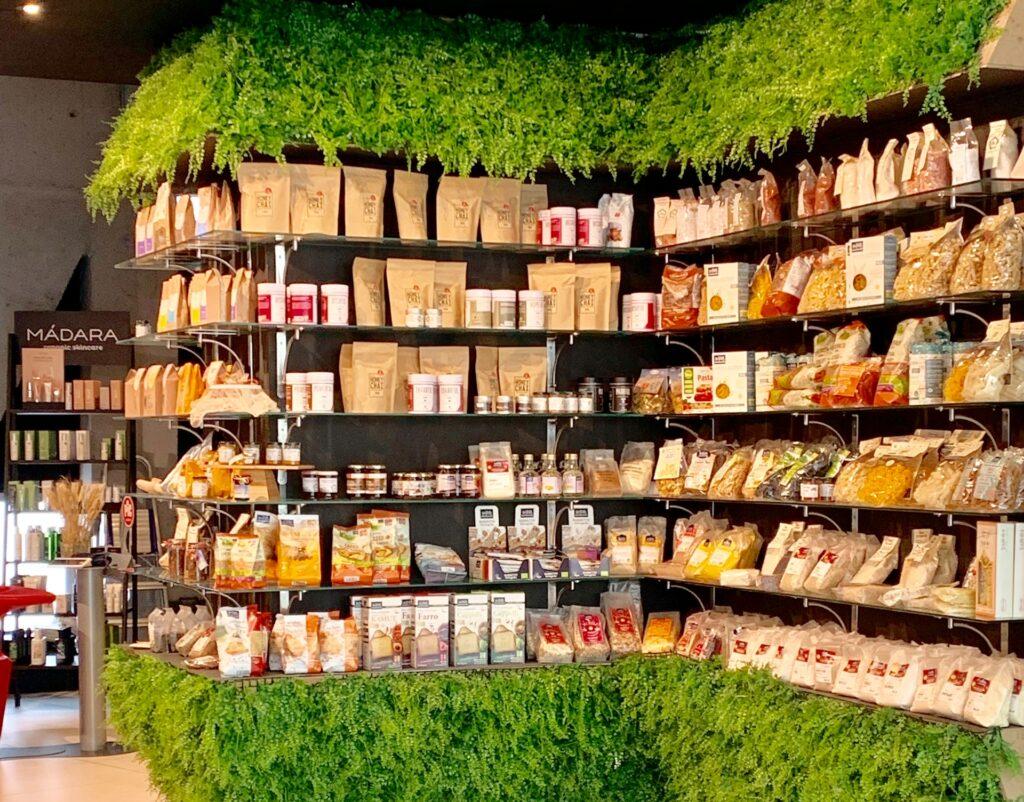Economic Pressure Led to Fewer New Product Innovations In 2022, Says Circana
Brands launched 16.5% fewer new product innovations in 2022, due to growing economic pressures, a new report from Circana has found.

The Race for Resilience: Innovation Pacesetters report for Europe, which covers France, Italy, Germany, Spain, the UK, and the Netherlands, has found that in general terms, the rate of new product development has slowed over the past two years, particularly among larger brand manufacturers.
At the same time, SMEs are ‘flexing their ability’, accounting for 75% of new product launches, and 68% of total value sales from new products, Circana said.
‘Sustainable Source Of Organic Growth’
“The evidence from the analysis means innovation continues to be a sustainable source of organic growth, despite difficult trading conditions and the cost of living crisis,” commented Ananda Roy, Global SVP, Strategic Growth Insights, Circana.
“While the ability to command a significant premium is constrained, new product launches continue to deliver the volumes that brand manufacturers need to maintain growth and market share.”
Some 144,432 new products were launched across Europe in 2022 compared to 172,997 the year before, with the largest drop in seen in France, where new product launches fell from 27,317 to 19,843, a drop of more than a quarter (27.4%).
Core Ranges
According to Circana, this decline can be associated with both retailers and manufacturers prioritising their existing core ranges to maintain availability on shelves to protect volume and share, along with declining confidence in the premium price positioning generally associated with new products.
Interestingly, while just one in four new product launches were brought to market by large brand manufacturers over the period, these launches delivered greater share value (32% of new product value sales) due to distribution and supply chain advantages.
‘Increased Competition’
“New product launches can feel like a gamble when there is increasing competition for shelf space, especially at a time when the industry is experiencing declines in sales volumes of FMCG products,” Roy added.
“However there is no doubt that it can add immense value too, giving brands the opportunity to expand an existing portfolio or even create an entirely new one. Innovations continue to be resilient and help to drive demand despite inflationary headwinds.”
Related news
Plant-based food sales gain momentum in Europe
Sales of plant-based foods have taken off in Europe, and…
Read more >Global trends – food industry insights
In collaboration with experts from Kantar, ProtéinesXTC and Circana, SIAL…
Read more >Eisberg starts 2025 with a renewed look, more conveniently accessible salads and a social campaign
The name Eisberg has been associated with health in Hungary…
Read more >Related news
They want it to be premium, but also sustainable – expectations of the youngest generation
GlobalData’s latest report, “Demographics in Retail and Apparel” – which…
Read more >Zsolt Liptai became the winemaker of the year
The Hungarian Wine Academy (MBA) has awarded Zsolt Liptai, the…
Read more >Tips for avoiding credit card fraud during the holiday season
The Christmas season is all about the joy of shopping,…
Read more >







